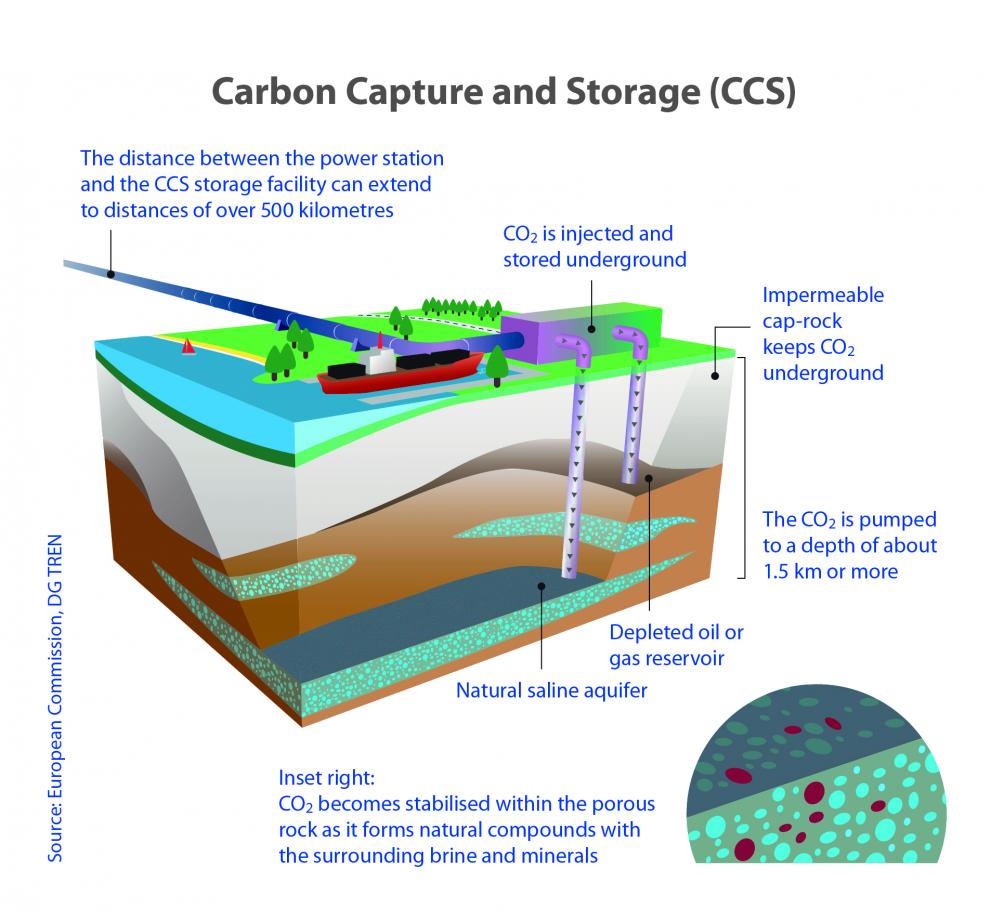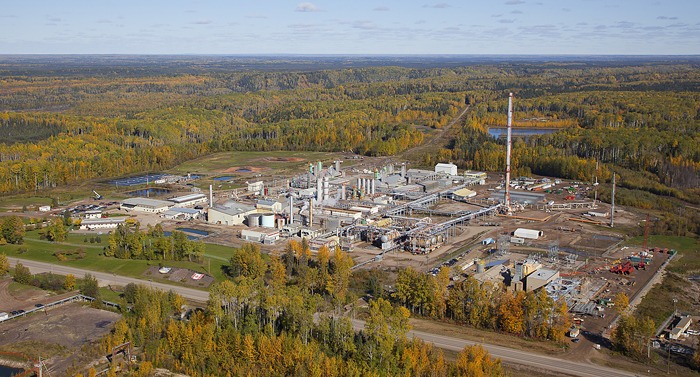“Provincial Strategies for Implementing CCUS in Canada”
Carbon capture, utilization, and storage (CCUS) has emerged as a crucial technology in mitigating greenhouse gas emissions and addressing climate change. In Canada, where industries like oil sands, natural gas extraction, and heavy manufacturing are prevalent, CCUS plays a pivotal role in reducing carbon footprints. This article will provide an overview of the provincial strategies implemented across different regions in Canada to promote the adoption of CCUS technologies.
Overview of Provincial Strategies ===
Recognizing the significance of CCUS in achieving emission reduction targets, Canadian provinces have been proactive in developing strategies to implement CCUS projects. These strategies aim to foster collaboration between industries, government entities, and research institutes to facilitate the deployment of CCUS technologies. The provinces of Alberta, British Columbia, Saskatchewan, Ontario, Quebec, Manitoba, and New Brunswick have all taken substantial steps towards implementing CCUS initiatives.
Alberta’s Approach to CCUS Implementation ===
Alberta, known for its oil sands reserves, has been at the forefront of CCUS implementation in Canada. The province has established a comprehensive regulatory framework that requires large industrial emitters to reduce their emissions through CCUS technologies. Alberta’s strategy includes the development of Carbon Capture and Storage (CCS) projects, such as the Quest project in Edmonton, which has successfully captured and stored millions of metric tons of carbon dioxide underground.
British Columbia’s Initiatives for CCUS ===
British Columbia has shown a proactive approach towards CCUS implementation by investing in research and development of carbon capture technologies. The province’s strategy focuses on supporting pilot projects and commercial-scale demonstration facilities, with an emphasis on the application of CCUS in the natural gas sector. British Columbia’s commitment to CCUS is evident through its collaboration with industry partners and participation in initiatives like the Pacific Basin Carbon Capture and Storage Regional Demonstration Initiative.
Saskatchewan’s Role in CCUS Development ===
Saskatchewan, another province rich in fossil fuel resources, has been actively involved in CCUS development. The province’s strategy for CCUS implementation includes the creation of the International CCS Knowledge Centre, which aims to accelerate the global deployment of CCS technologies. Saskatchewan has also been supportive of research and development projects, such as the Boundary Dam Integrated Carbon Capture and Storage project, which has successfully demonstrated the viability of CCUS in coal-fired power plants.
Ontario’s Efforts in Implementing CCUS ===
Ontario, a province with a diverse industrial sector, has recognized the importance of CCUS in achieving its emission reduction goals. Ontario’s strategy involves promoting collaboration between industry, academia, and government to develop CCUS projects. The province has supported initiatives like the Carbon Capture and Conversion Institute at the University of Toronto, which focuses on developing innovative CO2 capture technologies and utilization methods.
Quebec’s Strategies for Carbon Capture ===
Quebec has been actively exploring strategies to implement CCUS technologies, particularly in the context of its energy-intensive industries. The province has supported research and development projects aimed at improving carbon capture methods and technologies. Quebec’s initiatives also include partnerships with industry stakeholders to promote the use of CCUS in sectors such as cement manufacturing and hydrogen production.
=== Manitoba’s Contribution to CCUS Projects ===
Manitoba, with its vast agricultural and manufacturing sectors, has recognized the potential of CCUS in reducing emissions from its industries. The province has been involved in research and development projects focused on carbon capture and utilization. Manitoba’s strategy also involves collaborating with industry partners to explore the feasibility of implementing CCUS technologies in various sectors, such as bioenergy and ethanol production.
=== New Brunswick’s Support for CCUS Initiatives ===
New Brunswick, a province known for its energy-intensive industries, has been supportive of CCUS initiatives. The province has provided financial support for research and development projects aimed at advancing CCUS technologies. New Brunswick’s strategy includes fostering partnerships between industry and research institutions to explore the application of CCUS in sectors like oil refining and power generation.
Conclusion: Collaborative Efforts for CCUS in Canada ===
Canada’s provincial strategies for implementing CCUS reflect a collective commitment to addressing climate change and reducing greenhouse gas emissions. Provinces like Alberta, British Columbia, Saskatchewan, Ontario, Quebec, Manitoba, and New Brunswick have implemented various initiatives to promote the adoption of CCUS technologies across different industries. Through collaboration between government entities, industries, and research institutions, these provinces are playing a vital role in the development and deployment of CCUS projects, contributing to Canada’s efforts in achieving a sustainable and low-carbon future.










